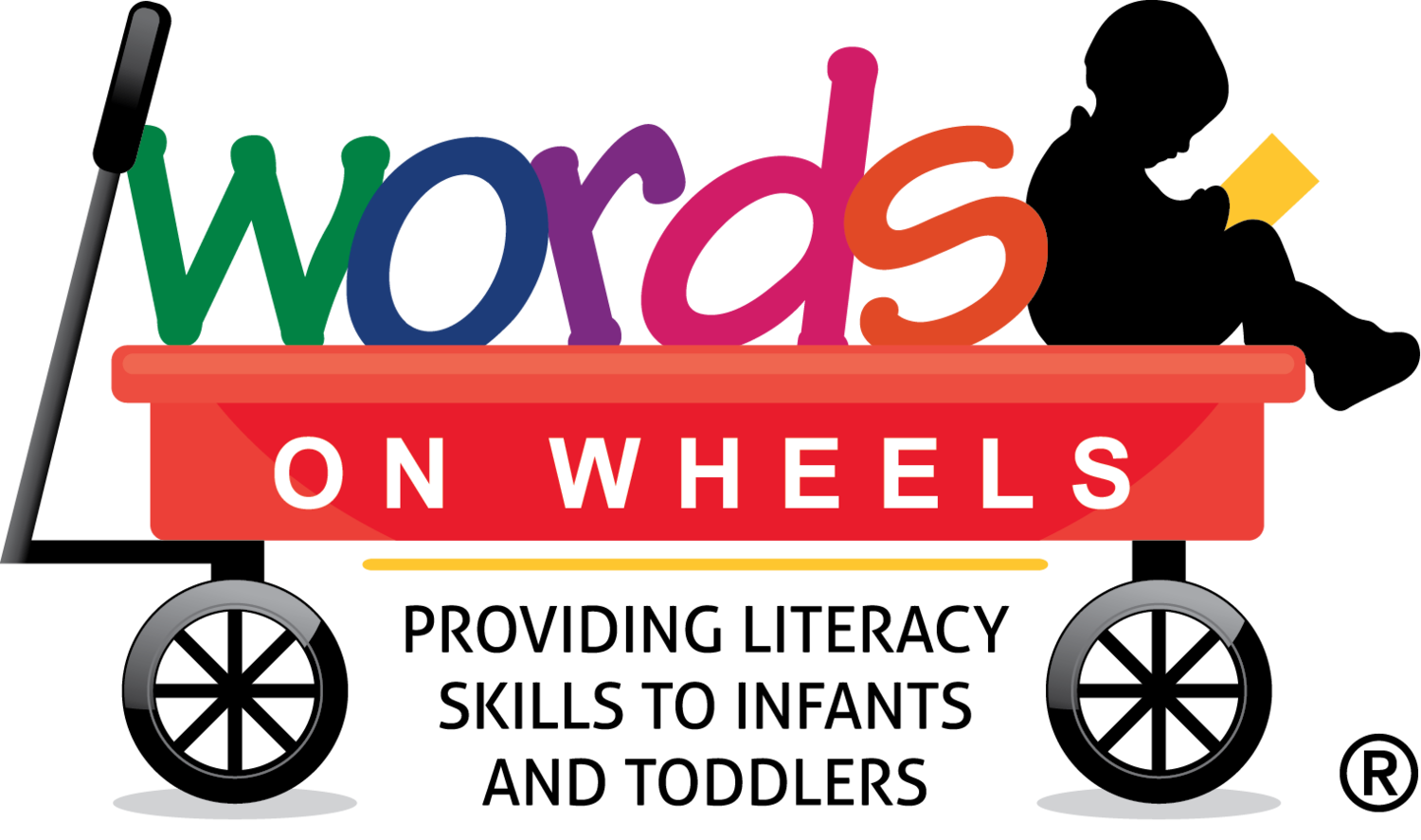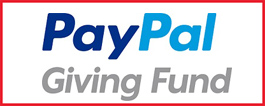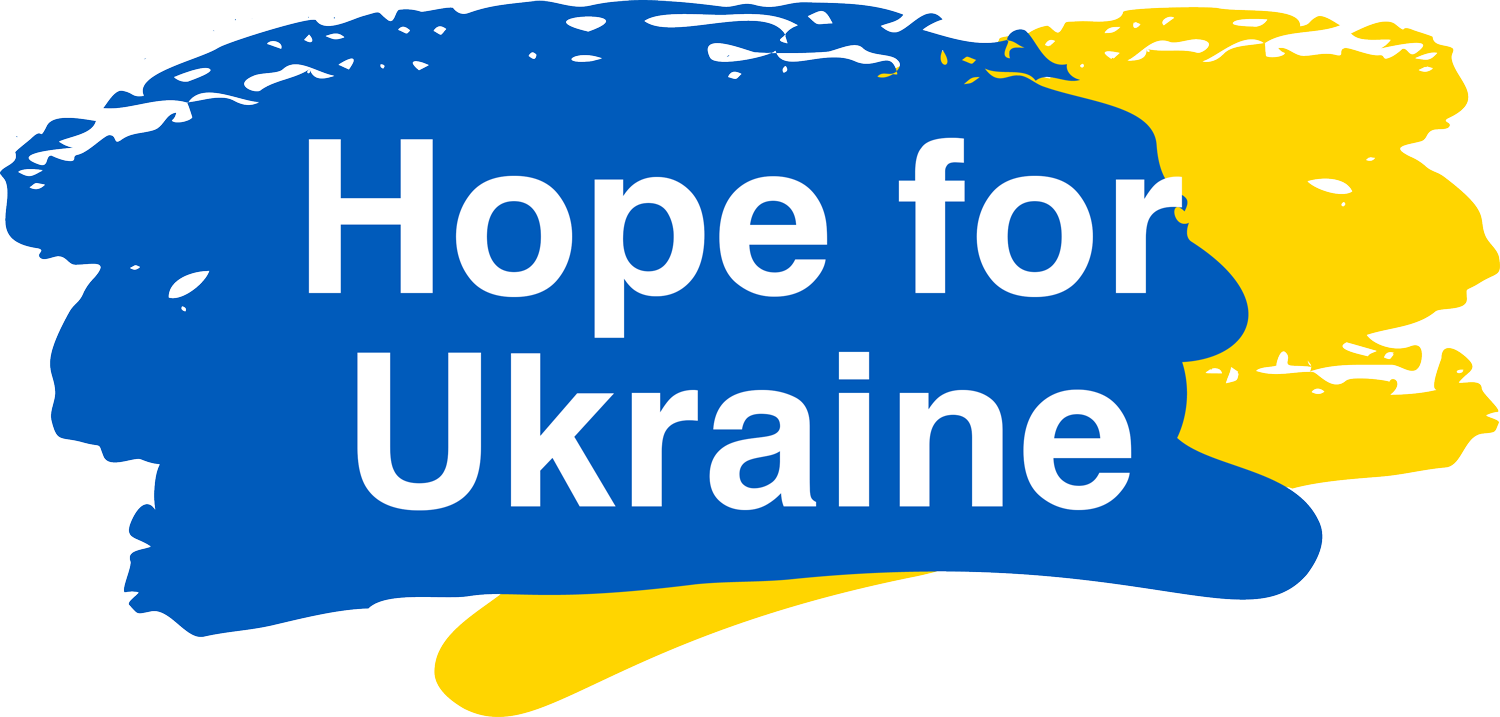“Simply in words heard, the average child on welfare was having half as much experience per hour (616 words per hour) as the average working-class child (1,251 words per hour) and less than one-third that of the average child in a professional family (2,153 words per hour)” (Hart & Risley 2003, 8). This is important because vocabulary development during the preschool years is related to later reading skills and school success in general.” There is a brief overview of this research that can be found on youtube. Words on Wheels is rolling! The long and complicated process to start a non-profit organization whose focus is on the youngest of our at-risk citizens is finally coming to fruition. The founder, Beth Ragsdale began with a concept, then carefully built a Board of Directors who were invested in “doing it right”.
So, what is the concept behind Words on Wheels? Literacy has been acknowledged as an important component of success for children. However, very few programs focus on the very youngest children – infants and toddlers. And yet, that is where we can see the greatest successes. According to Betty Hart, published for the National Association for the Education of Young Children, available at http://www.naeyc.org/tyc/article/the-word-gap.
This is where Words on Wheels comes in. We bring the “words”, the relationships, and the activities to these at risk children. Our volunteers receive training so that they have the tools they need to be effective with these little ones. Our volunteers go to places where at risk children, who may not have those experiences with words and vocabulary, live or are cared for. The importance of relationships is emphasized. We want our volunteers to repeat visits to the same places and get to know and care about individual children. And they don’t just go in and read a book! They have fun activities like finger play, songs and blowing bubbles, all of which are designed to provide additional opportunities to develop relationships and hear vocabulary.
Why are relationships so important? It has to do with brain development. Babies under stress have chemicals released in the brain that gets in the way of their learning. So all of the caring adults in their world cannot make a difference unless the little one is comfortable. Babies and toddlers need to get to know someone, to understand their way of “being” in order to get to the next step. This is probably a key to the reason children at risk continue to be at risk without intervention. Those neurons just don’t fire the way they should, and those 700 neural connections are reduced when the very young child is under stress.
Poverty has more influence than just not having enough food to put on the table. Uncertain housing, parents who work several jobs and are gone for many hours of the day, adult arguments or domestic violence all are typical for poor families. We understand that we cannot as individuals address ALL of these issues. But Words on Wheels can do SOMETHING to make a difference.
According to First 5 California, “It’s never too early to start reading to your baby. When kids are read to, their brains build the neural connections that enable them to learn vocabulary. When adults and children read a favorite book again and again, connections in the child’s brain become stronger and more complex.” - See more at: http://www.ccfc.ca.gov/parents/brain-popup.aspx#sthash.a85gUMF5.dpuf
Future blogs will include how to choose good books for babies, early literacy activities that are beyond reading books, more information about brain development. If there is something you want to learn more about, message us with a request.
And we ARE rolling!!
Bobbie Edwards, MA
Human Development
Early Childhood Specialist





